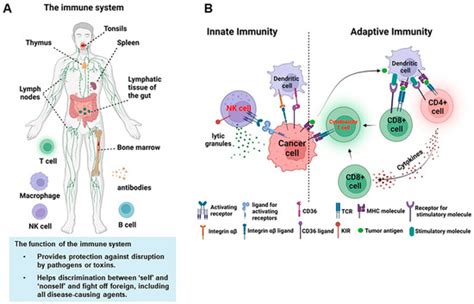“The activation of the immune system is crucial to our ability to fight cancer, but differs between children and adults,”
explains Petter Brodin, a renowned professor of paediatric immunology. His groundbreaking work at the Karolinska Institutet has shed light on a previously unexplored territory – how the immune system responds to childhood cancers.
In a recent study involving 191 children diagnosed with various solid tumors, researchers delved deep into the genetic landscape of these malignancies. By meticulously analyzing tumor tissues and blood samples, they uncovered a key revelation – the distinctiveness of pediatric immune responses compared to those seen in adults.
“Precision medicine in cancer has mostly focused on the tumour properties… we’re introducing an entirely new dimension that will be instrumental in shaping the future of childhood cancer therapy.”
Professor Brodin emphasizes that while traditional approaches have centered around understanding tumor characteristics, their research introduces a novel paradigm by spotlighting the intricacies of the immune system. This shift towards precision medicine opens up avenues for tailored treatments that could revolutionize how childhood cancers are managed.
One crucial finding was how children’s tumors exhibit lower levels of inflammation and fewer mutations than adult counterparts. This unique profile suggests that these tumors might evade detection by the immune system, resulting in less vigorous attacks against them.
“What we can see is that children’s tumours are generally less inflammatory and have fewer mutations…the immune system therefore doesn’t attack the tumours as forcefully.”
While this discovery sheds light on why conventional immunotherapies like checkpoint inhibitors may not be as effective in pediatric patients, it also underscores the necessity for developing targeted therapies that stimulate robust immune responses against these stealthy tumors.
Tracking changes in killer T cell populations during treatment unveiled valuable insights into assessing therapeutic efficacy and customizing interventions for individual patients. Professor Brodin envisions integrating this real-time monitoring into clinical practice to optimize treatment outcomes further.
This landmark study spearheaded by Professor Brodin and his dedicated team not only advances our comprehension of childhood cancers but also sets a precedent for personalized treatment strategies tailored to each young patient’s unique immunological landscape.









Leave feedback about this